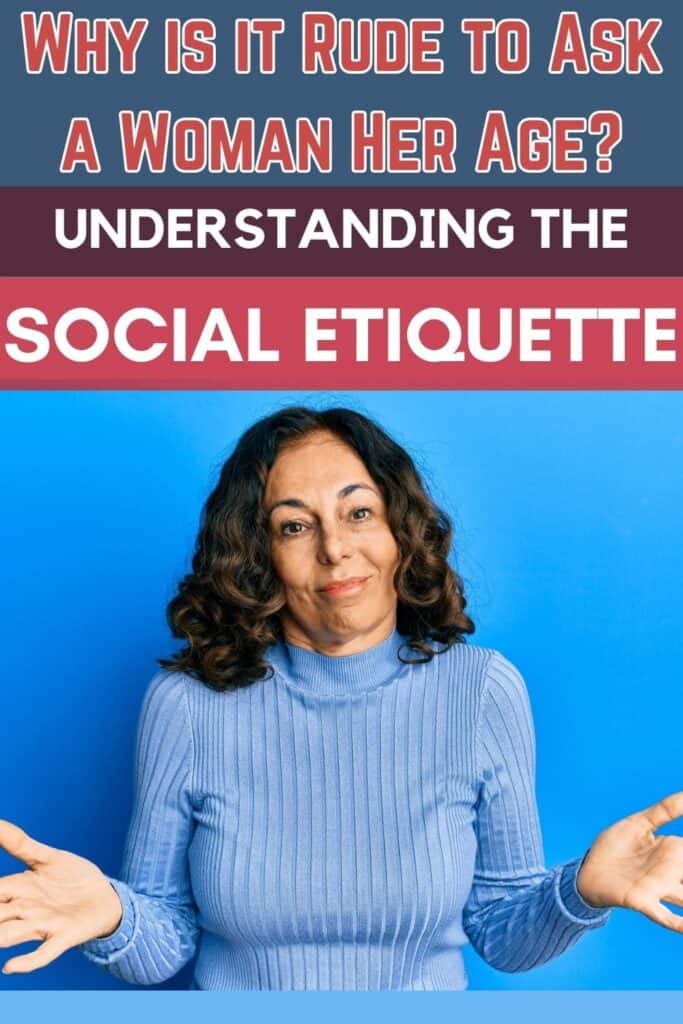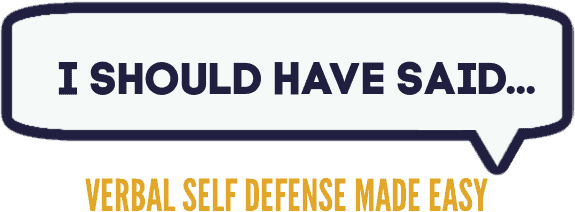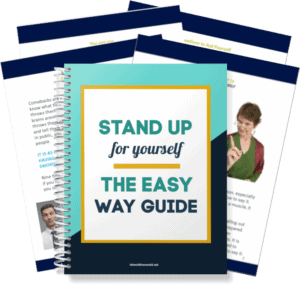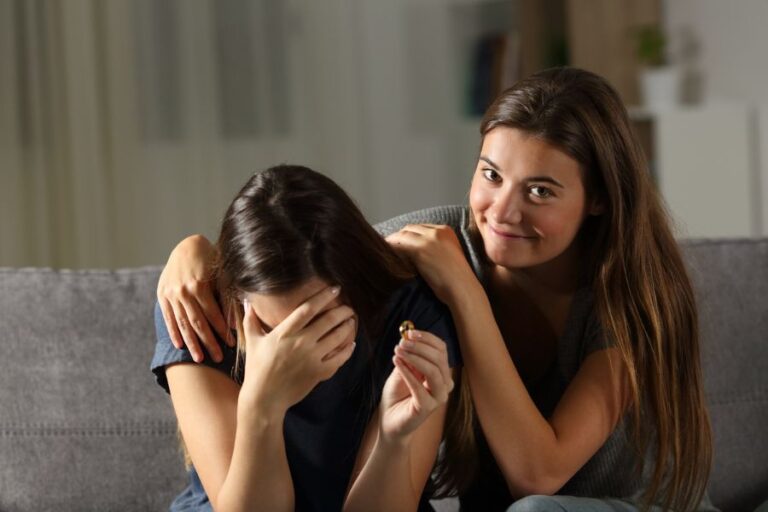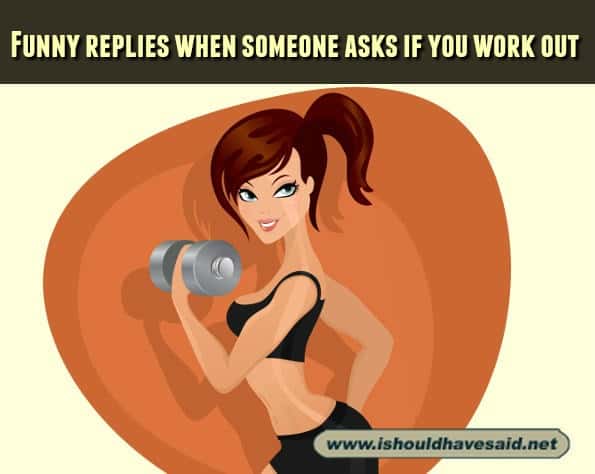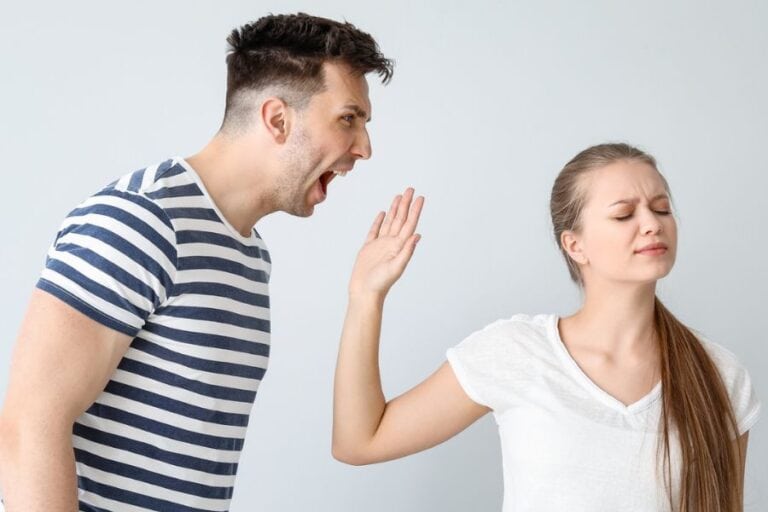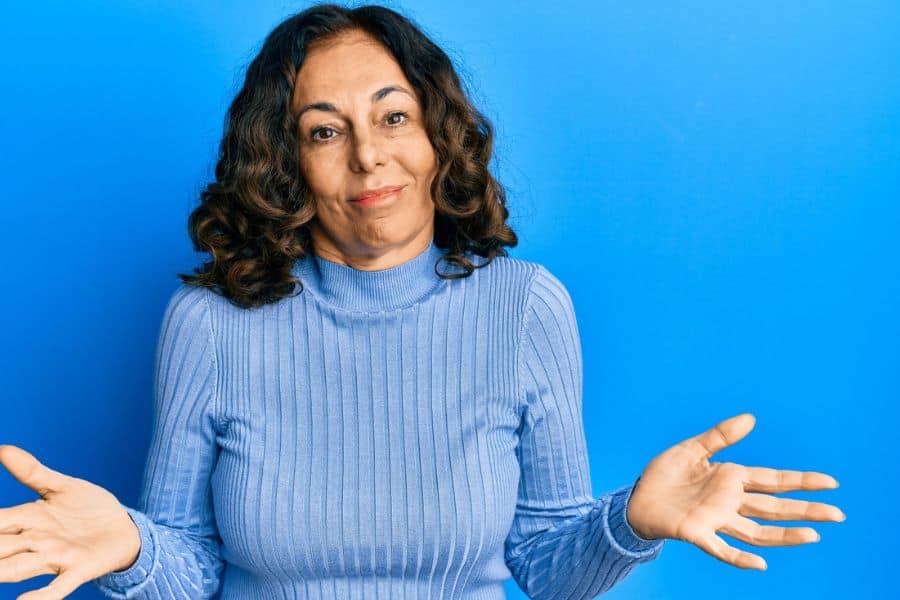
Societal Norms and Etiquette with age
It is considered rude to ask a woman her age because, in the past, societies cared a lot about how young and pretty women looked. As a woman gets older, she is seen as less attractive or valuable. These beliefs vary across countries and depend on the history, culture, religion, and geographical circumstances.
Historical Context of age
Being young and attractive was valued highly in the past, particularly for women. Some individuals assumed that if a woman was getting older, people might not think of her as a potential wife or as a woman who is able to bear children. Asking a woman how old she is could be considered rude since she may feel less important or appealing as she ages.
Jaime felt agism at work, a wave of embarrassment wash over her as her younger colleague asked her age in front of everyone at work. She took a deep breath and responded with a smile, choosing to handle the situation with grace and confidence.
As the weight of judgmental eyes bore down on her, and she felt a surge of embarrassment sweep through her. With a forced smile, she mustered her composure and calmly replied, refusing to let the moment define her.
Modern Day Expectations
Today, people see women in new ways. They’re admired for what they do and how skilled they are, not just how they look or if they can have kids. People are working hard to change these ideas and want women to be appreciated for what they can do, not just how they look or what society expects from them.
Nowadays, there’s a focus on treating women fairly, giving them power, and recognizing all the different things they can do. It’s about making a world where women are respected for their talents and who they are, not just judged by old-fashioned thoughts.
However, some old perceptions still stick around. Women still feel like they must look young or fit into certain roles because of these old ideas. Even though it would not seem like a huge deal to ask about a woman’s age, doing so can be considered rude or inappropriate. This is highly due to societal expectations and historical norms.
Psychological Impact of Age-Related Questions
While it may not seem like a huge thing to ask about someone’s age, it can have an impact on how they feel, particularly with women. People frequently believe that youth represents vitality and value, and they may believe that their age speaks volumes about their attractiveness, energy, or worth. Asking about a woman’s age can make her feel uncomfortable since she may think that she is being evaluated based on these ideas.
Many people find age to be a sensitive subject, and just bringing up the subject could invade their personal space. Some women would rather keep their age a secret, viewing it as a personal issue. Asking about it could cause unease or a sense of invasion, which would increase the psychological effect of what would otherwise seem like an ordinary question.
Women may experience tension and anxiety when asked their age. They may begin to wonder if they look their age, if they’re aging gracefully, and whether they will be able to maintain their attractive appearance as they age. They may start to misunderstand, and their self-esteem and mental well-being are negatively impacted.
When you ask a woman about her age, it can affect how she feels. It might make her uneasy, self-conscious, or even a bit ashamed. It’s a good idea to think about this and not ask about age unless it’s important. Respecting her privacy and letting her decide what she wants to share can make things better and create a nicer atmosphere where women feel supported, no matter their age.
MORE COMEBACKS YOU MIGHT LIKE
- Funny replies when someone says that you’re getting gray hair
- Funny replies when people ask your age
- How to respond when you are told you look tired
- How to respond when people say you look old
Gender Bias and Double Standards with aging
Ageism and Sexism
Asking about a woman’s age might be considered rude as it can raise issues of sexism and ageism. When someone is treated unfairly due to their age, particularly when they are elderly, this is known as ageism. In other words, asking about age may cause older folks to feel less valuable or inferior.
Ageism is the practice of treating individuals unfairly based only on their age, frequently presuming that certain ages aren’t as valuable as others. Women’s self-esteem and how they are treated might be affected by the idea that looking young is important. It is related to ageism because it forces women to maintain a specific appearance as they age.
Treating someone badly just because they are a boy or a girl is known as sexism and asking about a woman’s age may foster sexism. It gives the impression that women’s appearance and age are the only things that society values. For women, this can be extremely upsetting because it implies that their worth is derived from their appearance rather than from their abilities or accomplishments.
Women are frequently more affected than males by age-based double standards. Women may have tougher assessments of their value, abilities, and attractiveness as they become older. On the other hand, as males age, they tend to be viewed more favorably and as more distinguished or respected.
Therefore, it may not be appropriate to ask about a woman’s age as this can promote sexism and ageism. Respecting someone’s privacy and getting to know them as a person rather than just their age or appearance is preferable. Being compassionate entails seeing past the opinions of others on looks and age in society.
Respecting Personal Boundaries
Women may feel uncomfortable or uneasy when someone asks about their age since it may seem like an invasion of their privacy. This feeling of unease develops because disclosing one’s age could conflict with their wish to maintain the privacy of certain personal information. Many people consider age to be a private matter, so asking them about it may seem inappropriate.
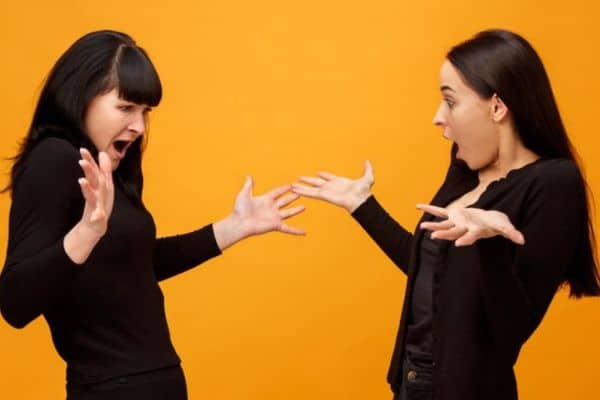
There is a long-standing expectation in many countries that women ought to appear young. It may unwittingly imply that a woman’s worth or attractiveness is linked to her age, continuing societal norms that value youth. When asked about, this societal expectation can make women feel criticized or uncomfortable, assaulting their boundaries.
It’s important to remember that some people consider their age to be private. Respecting this indicates that you are considerate of their choice and personal space. Because of societal expectations or demands regarding age, not everyone feels comfortable discussing this.
Finally, respecting personal boundaries, especially refraining from asking personal questions such as age, is a means of demonstrating concern and empathy. It entails being aware of what can make someone feel uncomfortable or intruded upon, so creating a more courteous and comfortable environment for everybody, particularly when it comes to delicate matters like age.
The Role of counselling and self care
I Should Have Said Media will earn a commission after clicking links on this page at no additional cost to you. Learn more.
When you are dealing with a person who asks your age and you find it stressful, consider getting support from a professional. Talking to a counselor is a great way to work through a challenging situation, and help you find some strategies to work through the person’s behaviour.
Better Help is a great resource where you can talk to a counselor from the comfort of your own home.
Taking care of your own needs isn’t selfish, and you will feel better in the long run.
